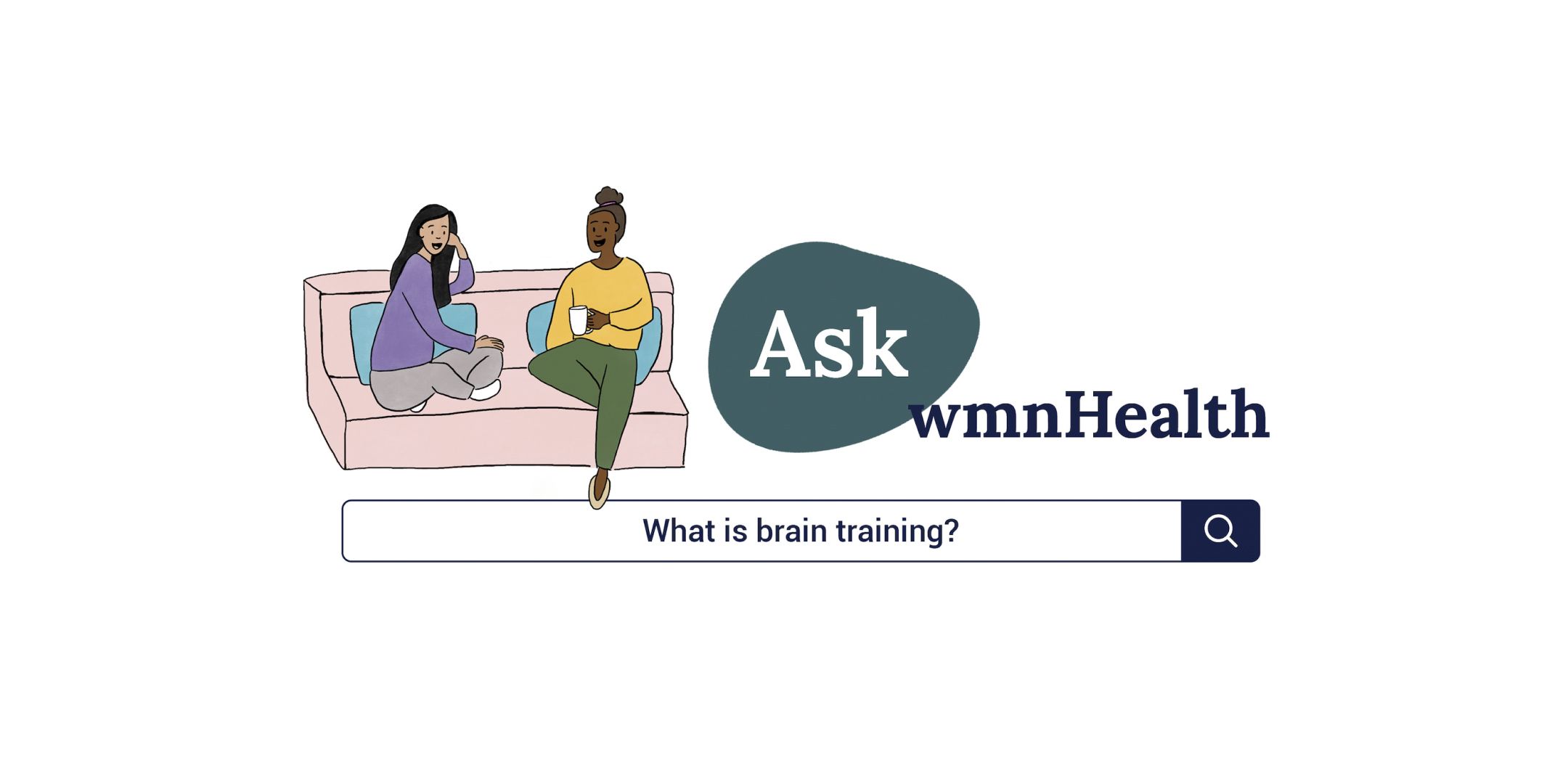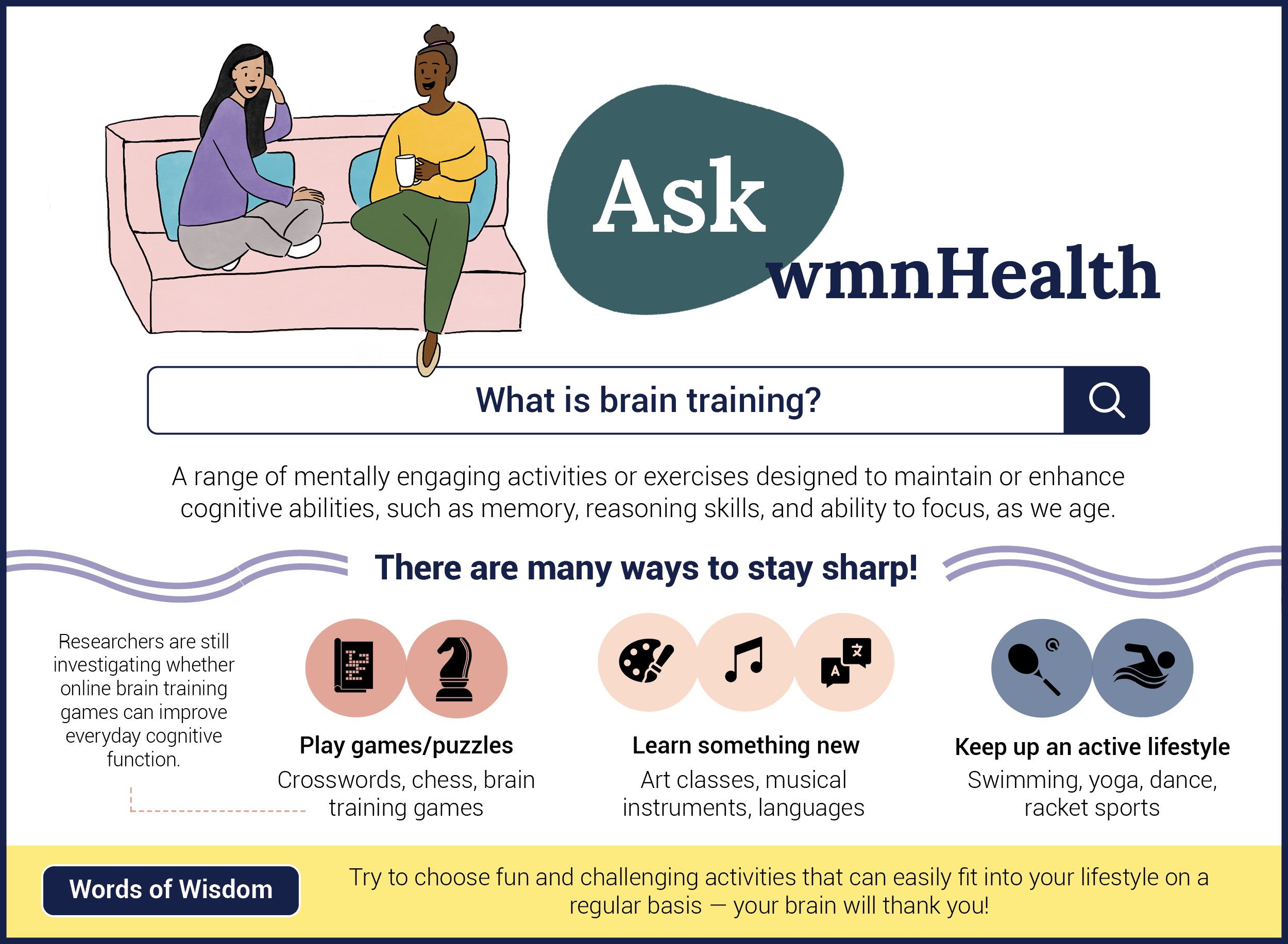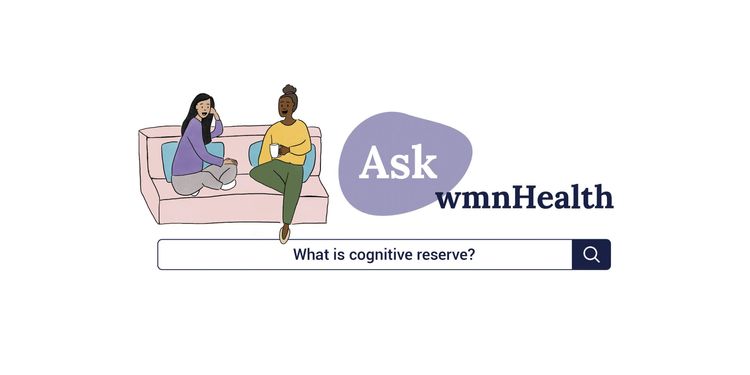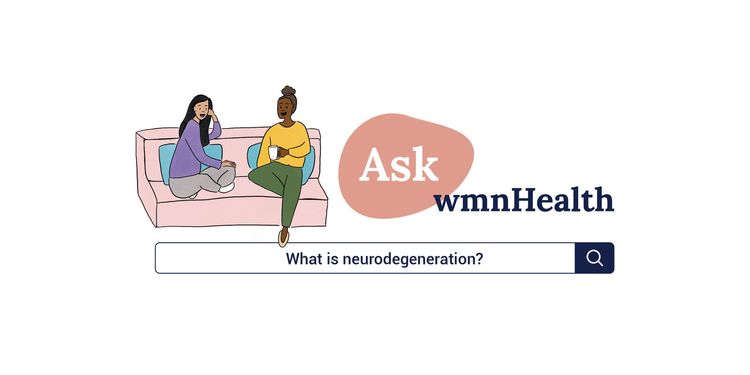

The term "brain training" brings to mind apps and online "brain games" designed to keep our mind's sharp. But brain training, also referred to as cognitive training, goes far beyond digital technologies. In fact, the best evidence that we can maintain or improve our brain and cognitive abilities as we age comes from routine intellectual activites, such as learning a new language, or taking an art class, or volunteering. Physical activities that challenge the mind as well as the body — think yoga, swimming, dance, or tennis — help, too.
That doesn't mean brain games have no benefit. But the science is still inconclusive. They may strengthen a particular cognitive ability like speed of processing — the time it takes a person to complete a certain task. But it is unclear whether these benefits carry over into everyday life.
No matter how you choose to train your brain, the key is selecting activities that are challenging and complex, and then doing them regularly. Just like building any new habit, the brain training activities that will stick are those that are fun and convenient.
Here are some ideas:
Puzzles and games: Engage in activities like crosswords, Sudoku, jigsaw puzzles, chess, or brain teasers to stimulate problem-solving, memory, and critical thinking skills.
Learning a new skill: Challenge yourself to learn a new language, musical instrument, or any skill that requires mental effort and continuous learning. This promotes cognitive flexibility and memory retention.
Reading and writing: Read books, articles, or challenging materials that expose you to new ideas and vocabulary. Write regularly, such as keeping a journal, blogging, or engaging in creative writing exercises to enhance verbal and written communication skills.
Memory exercises: Practice memory-enhancing exercises, such as memorizing lists, phone numbers, or playing memory card games. This helps improve recall and concentration.
Physical exercise: Engaging in regular aerobic exercises like brisk walking, swimming, or cycling benefits both your physical and cognitive health. It promotes blood flow to the brain and enhances cognitive function.
Mindfulness and meditation: Practice mindfulness techniques and meditation to improve focus, attention, and emotional regulation. This can positively impact overall cognitive well-being.
Social Interaction and Discussions: Engage in meaningful conversations, join discussion groups, or participate in debates to enhance cognitive flexibility, critical thinking, and communication skills.
Visualization and spatial awareness exercises: Challenge yourself with activities that involve mental rotation, spatial puzzles, or visualization exercises. This helps improve spatial awareness and mental imagery.
Subscribe
Get a weekly roundup of articles, inspiration, and brain health science in your inbox. Subscribe now.


